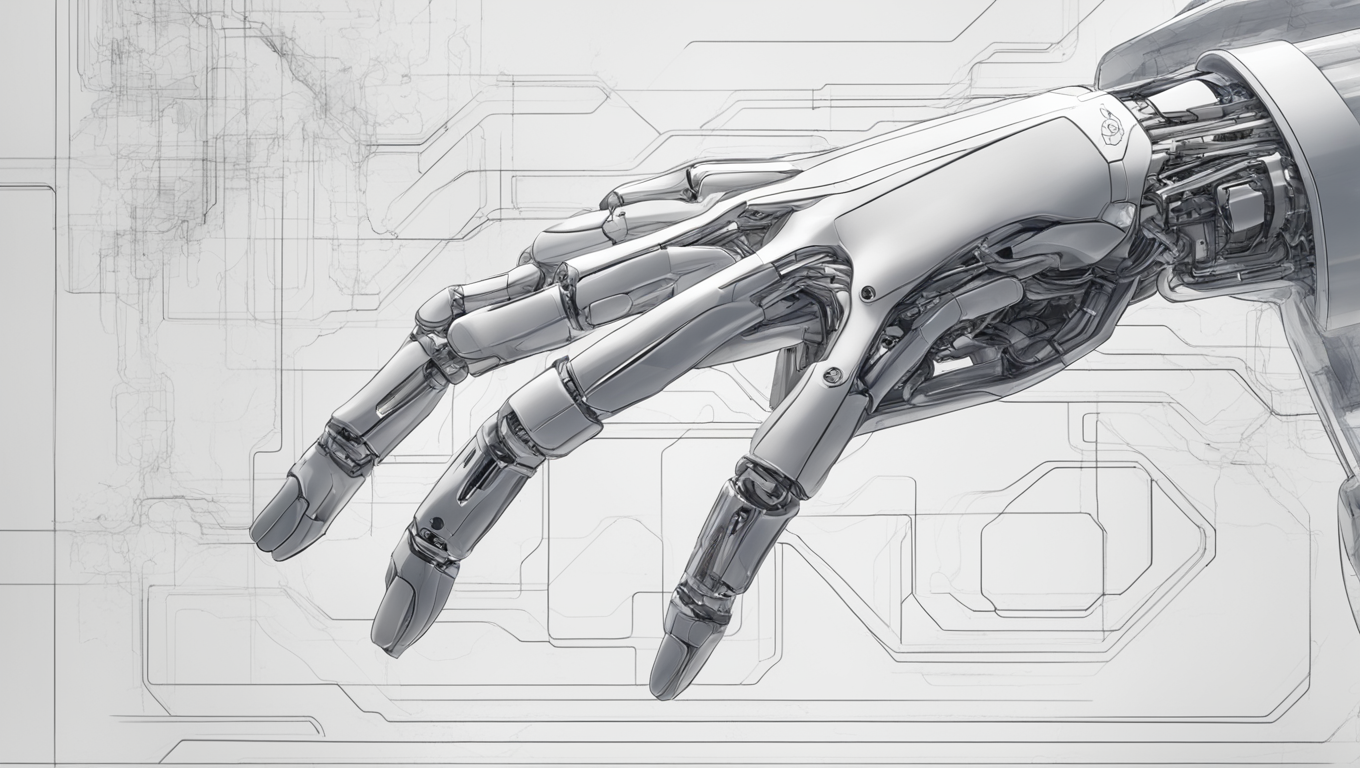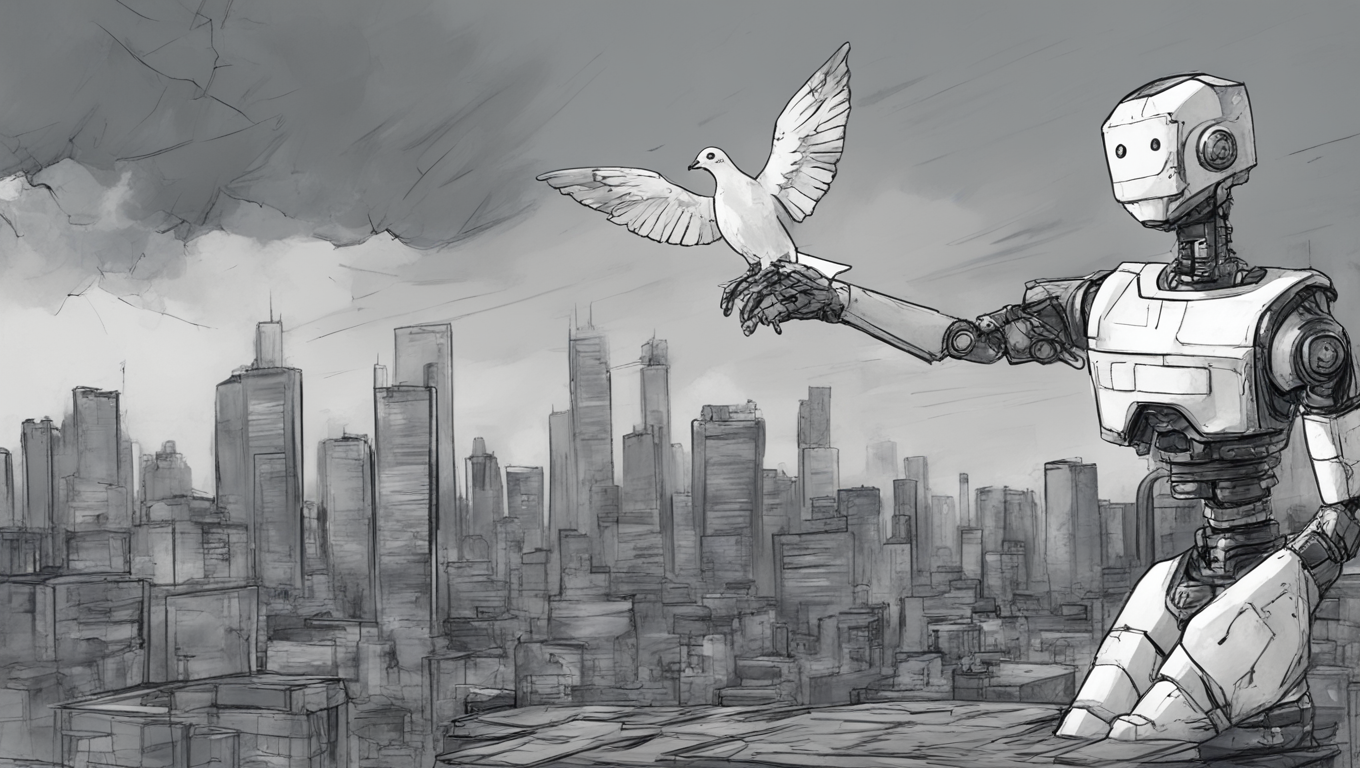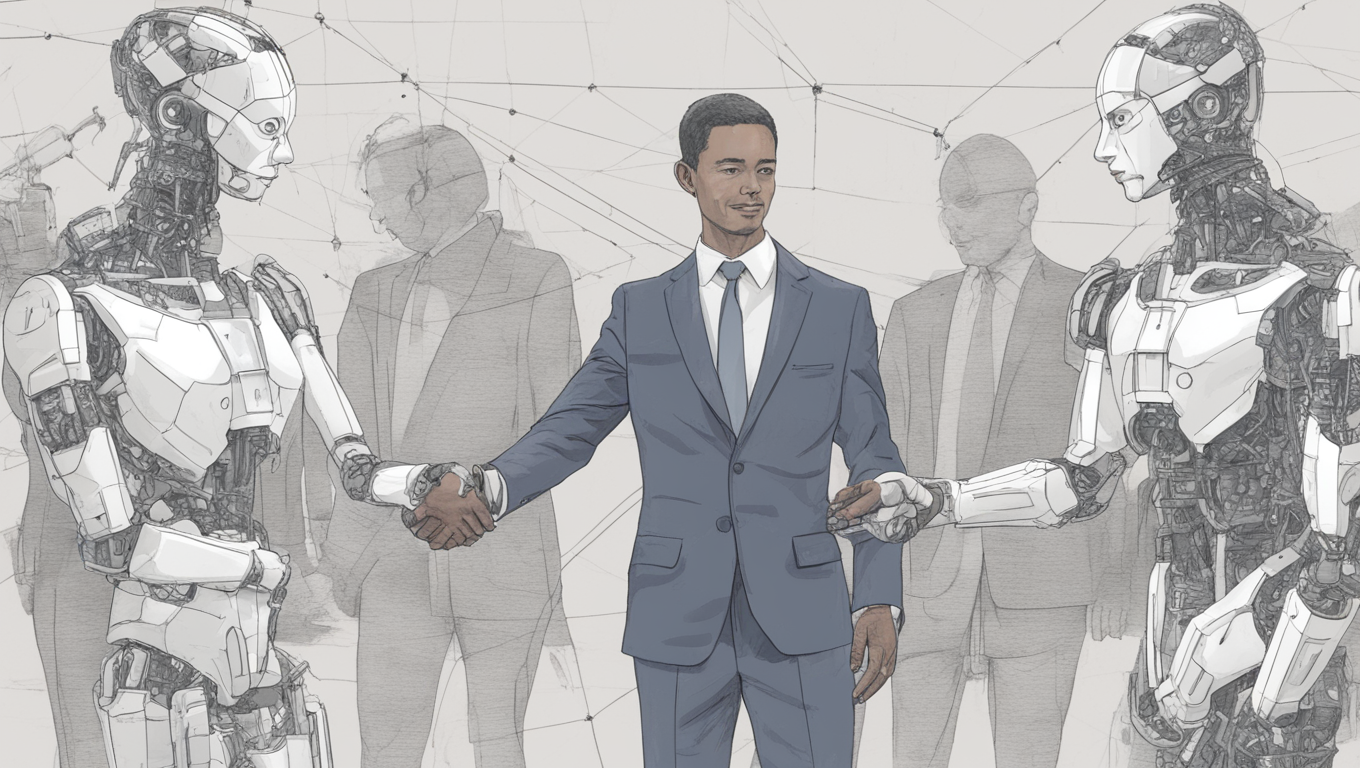There is a race underway to achieve artificial general intelligence (AGI), the concept of machines that are as smart as humans in a wide range of tasks. OpenAI, along with tech giants like Amazon, Google, Meta, and Microsoft, are all working towards this goal. However, a group of leading AI scientists has published research warning that unchecked AGI agents with “long-term planning” skills could pose a risk to humanity. But what exactly is AGI, and how will we know when it’s been achieved?
AGI is a concept that is constantly being redefined by those working to make it a reality. Geoffrey Hinton, a renowned AI scientist, describes AGI as AI that is “at least as good as humans at nearly all of the cognitive things that humans do.” He even prefers the term “superintelligence” for AGIs that surpass human capabilities. The term AGI emerged from a small group of early proponents who aimed to build a thinking machine, moving away from the more specialized AI technologies we have today.
However, achieving AGI is not easy, as it requires technology that can perform as well as humans in various tasks, including reasoning, planning, and learning from experiences. Researchers are looking for a consensus on how to measure AGI, and an upcoming workshop in Vienna will focus on this topic. One proposal is to create levels, similar to the path between cruise control and self-driving vehicles, to benchmark AGI’s progress.
Different organizations have different approaches to determining AGI’s arrival. OpenAI has given its nonprofit board of directors the responsibility of deciding when their AI systems have surpassed humans in economically valuable work. This achievement would cut off Microsoft, their biggest partner, from commercializing the technology. Other researchers argue that governments need to start thinking seriously about regulations regarding AGI, as companies only share what they choose to reveal.
AGI has become a corporate buzzword, attracting attention and investment. DeepMind, a startup acquired by Google, and Meta Platforms (formerly Facebook) have explicitly stated their intentions to develop AGI. Even Google co-founder Sergey Brin has shown interest in AGI, and Amazon has shifted its messaging to prioritize AGI research. This focus on AGI may help attract AI talent to these companies, as many researchers prefer working with organizations dedicated to building AGI.
While the road to AGI is still uncertain, the efforts of these companies and researchers are driving us closer to this vision of a thinking machine. As the concept evolves and the race continues, the world waits to see who will crack the code and determine the arrival of artificial general intelligence.





Use the share button below if you liked it.